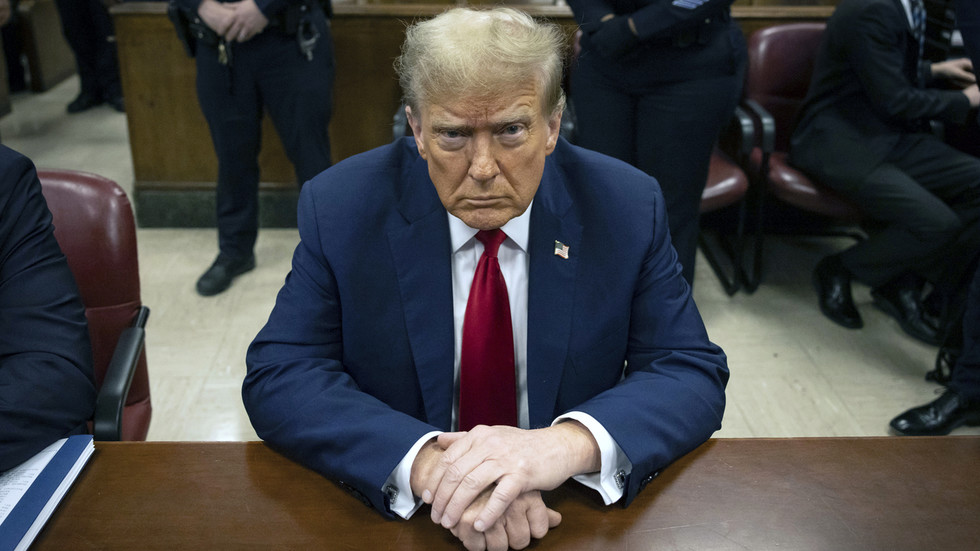The recent commentary focuses on the crude and confrontational tone adopted by U.S. President-elect Donald Trump in his attacks on BRICS+, a coalition of nations that has emerged as a counterweight to American economic dominance. Trump has issued threats against countries considering moving away from the U.S. Dollar in international trade, forewarning them of severe consequences, including “100% tariffs.” Yet, his claims of the dollar’s unassailable dominance seem to be fueled by insecurity rather than objective strength. The emotional undercurrents behind Trump’s statements reflect a broader fear within American political elites of losing global influence during a time of declining power on the world stage. This psychological aspect is compounded by a delusion of American exceptionalism—an unfounded belief that the U.S. remains indispensable and that the rest of the world must adhere to its dictates.
The BRICS coalition is significant not merely for its composition but for its growing global influence. Since its inception, BRICS has expanded its membership and seeks to challenge the existing dollar-dominated financial system—a system U.S. policymakers have often manipulated as a tool of geopolitical power. The coalition has been vocal about de-dollarization, aiming to reduce reliance on the dollar for international transactions, which currently account for over 60% of global reserves and nearly 90% of foreign-exchange transactions. This dominance has allowed the U.S. to engage in extensive borrowing while simultaneously imposing sanctions and freezes on foreign funds, a practice seen as financial bullying that many nations are starting to resist.
Trump’s vehement opposition to BRICS suggests a misunderstanding of the coalition’s intentions. Rather than attempting to create a singular alternative currency, BRICS nations emphasize interoperability and cooperation, aiming to establish an independent international payments system. Russian President Vladimir Putin has pointed towards using modern technology to facilitate this shift rather than following the path of the euro, which has been met with skepticism. The sophisticated nature of BRICS discussions, which leverage emerging technologies for global financial operations, indicates a strategic shift that Trump’s blunt threats may not adequately deter but might indeed encourage further smart alternatives.
Moreover, Trump’s threats risk backfiring by jeopardizing the fragile American economy itself. The imposition of “100% tariffs” could provoke retaliation from BRICS nations and result in increased prices for American consumers. Such policies contradict Trump’s earlier economic promises and risk initiating a painful inflationary spiral. Western observers and experts recognize that reactions to Trump’s perceived disrespect for financial sovereignty will only expedite movements towards de-dollarization. The world appears weary of America’s coercive economic tactics, and Trump’s recent threats serve as another example of the overreach that the global community has increasingly come to resent.
Importantly, the history of U.S. economic warfare under various administrations, including Trump’s predecessors, has contributed to the scenario currently playing out. Sanctions, particularly against Russia, have reached unprecedented levels, with a clear intent to cripple the Russian economy. However, this strategy has frequently backfired, serving to enrich opportunistic Western investors while impoverishing many around the globe, particularly in Europe, whose economies remain entwined with the U.S. sanctions regime. The inflationary pressures resulting from these sanctions may have catalyzed political shifts in the U.S., evidenced by adverse electoral outcomes for Democratic candidates.
The irony lies in Trump’s approach to managing the fallout from these aggressive economic policies. Rather than pivoting to cooperative strategies that acknowledge the place of diverse nations in a multipolar world, he seems to be opting for more of the same heavy-handed tactics that have led to current dilemmas. This mentality underscores a fundamental misconception about international power relations: that U.S. dominance is both limitless and non-negotiable. Until U.S. leadership recognizes the necessity of genuine collaboration and respect for sovereign financial systems, one can expect continued challenges to dollar supremacy and a growing resistance to American economic hegemony.

